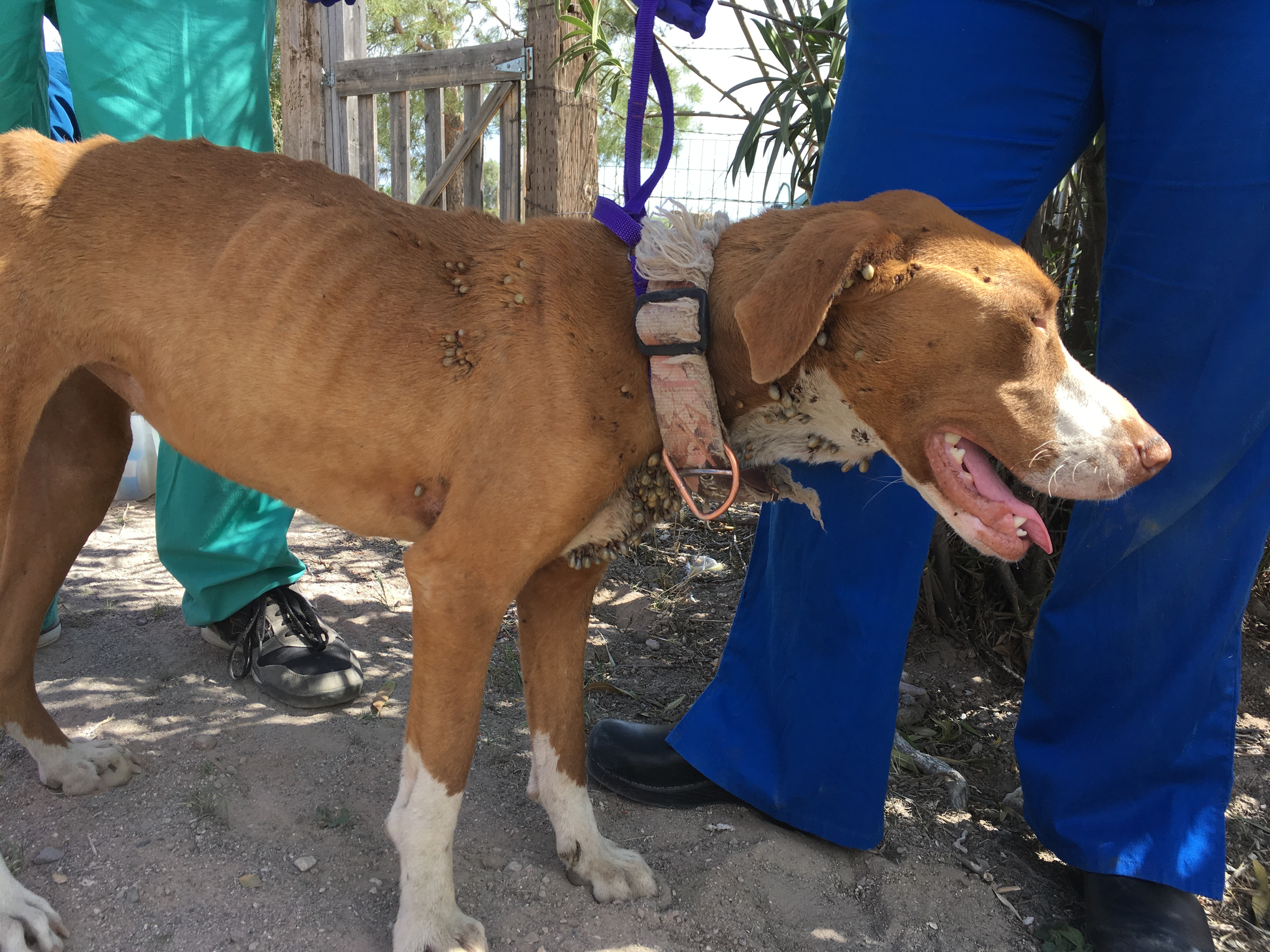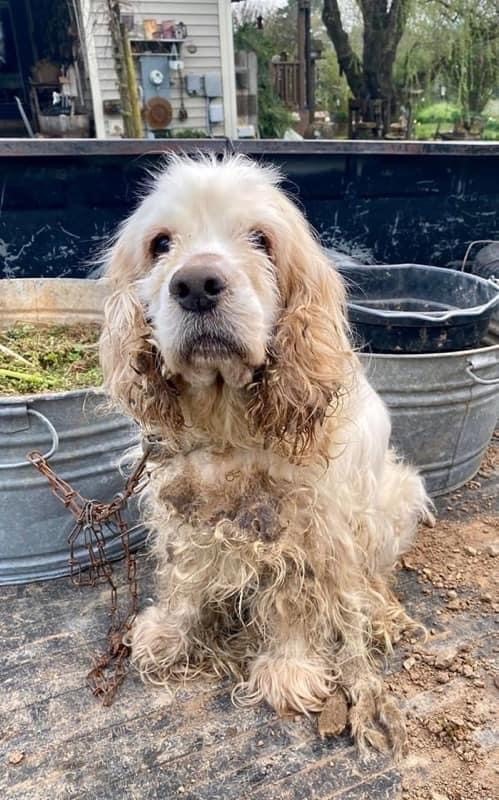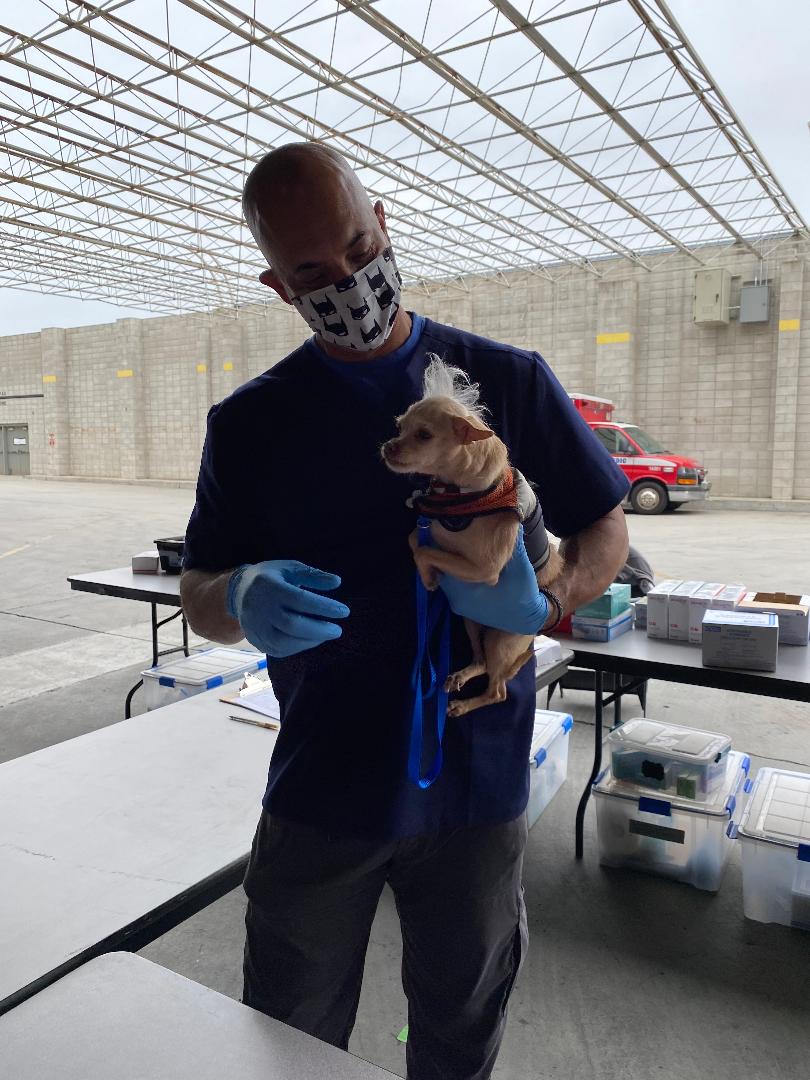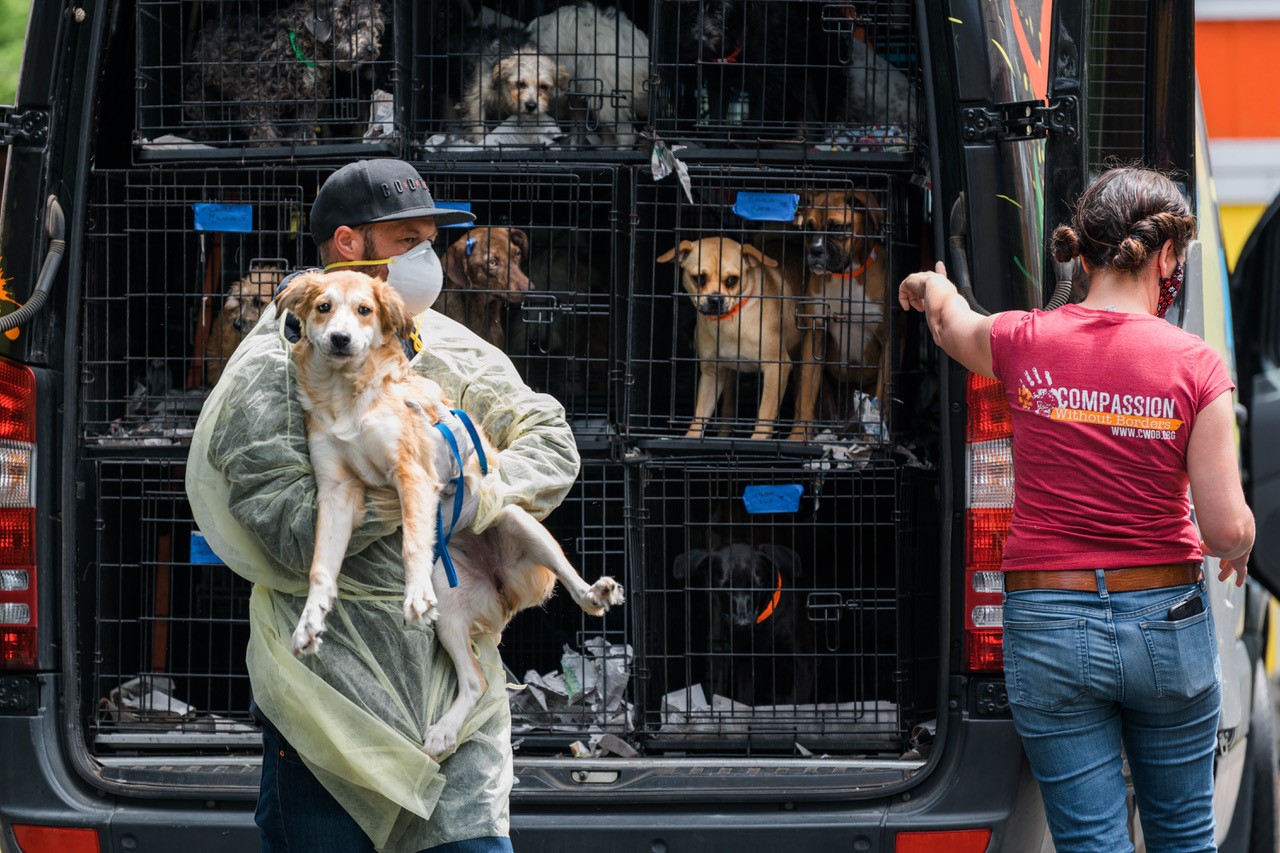HSVMA Helps Provide COVID-19 Relief to Veterinarians and Partner OrganizationsMay 21, 2020 HSVMA has facilitated COVID-19 relief grants to several of our veterinary members and partners during this public health crisis. Thanks to a grant from the Kislak Family Foundation, HSVMA is partnering with the RAVS (Rural Area Veterinary Services) program to assist animals on the San Carlos Apache reservation in southeastern Arizona. RAVS has had to cancel field clinics this spring due to the pandemic so the grant is helping provide crucial supplies in the interim, particularly Seresto collars to help tackle the serious tick problem in San Carlos. In other areas of the country, HSVMA has partnered with the Humane Society of the United States to provides grants to The Street Dog Coalition (led by Dr. Jon Geller, HSVMA's Colorado State Representative) to help animals of the homeless; to Compassion Without Borders (led by Dr. Christi Camblor) to aid animals in Mexico and in California's Central Valley; and to Spay Arkansas (assisted by Medical Director Dr. Eric Jayne, HSVMA's Arkansas State Representative) to provide supplies and emergency medical care for animals in need in Arkansas. Read more about these programs below.. Rural Area Veterinary Services (RAVS) in ArizonaRural Area Veterinary Services (RAVS) program is a veterinary outreach and service-learning program providing essential animal health services to communities where poverty and geography make veterinary care inaccessible. HSVMA partnered with the Kislak Family Foundation to provide funding for preventative health supplies for pets on the San Carlos Apache Reservation. For the San Carlos Tribe in eastern Arizona, one of the biggest concerns is tick-borne illnesses which pose a serious threat to both animal and human health. Rocky Mountain Spotted Fever (RMSF) and other tick-borne diseases pose significant health concerns for the canine and human populations here. In these communities, ticks are not just an inconvenience; they are a serious animal and human health threat. The availability of a safe, effective and reliable flea and tick product is essential for the animals we serve and the families who love them. As part of large-scale public health campaign, RAVS will provide long-acting tick control collars that will provide 8 months of effective protection for more than 1,000 dogs in the community. The collars will be distributed to families throughout the summer by Tribal animal control and public health officers as part of a reservation-wide tick control campaign. Spay Arkansas
Spay Arkansas is a clinic in Springdale, Arkansas, which provides low cost spay and neuter services along with monthly vaccine and microchip clinics to the community. Since spay/neuter services were deemed non-essential during the pandemic, Spay Arkansas found another way to serve the local population. They have distributed approximately 6,000 pounds of pet food to their clients and even offered a day of drive-thru pick up matching food to pets based on their size and need. Since local shelters were closed, Spay Arkansas received surrendered animals and provided care for them until they could be placed in foster. The emergency funding Spay Arkansas received was vital to feed, vet and transport over 150 animals to rescue partners in northern states. One of the animals who received care is Kingsley, a cocker spaniel who was abandoned along a local river. Spay Arkansas was able to get him the vital veterinary treatment he needed and Kingsley is now in a forever home. The Street Dog Coalition
HSVMA Colorado State Representative, Dr. Jon Geller, is the Founder and Director of The Street Dog Coalition, a non-profit that provides free veterinary services to pets of people experiencing homeless or at risk of being homeless. Based out of Ft. Collins, CO, the organization helps veterinarians across the country start satellite clinics in their area. They often partner with other programs offering social and medical services to provide a One Health approach to those living on the streets. Social distancing as a result of the pandemic made seeing patients in clinics difficult so Dr. Geller has had to implement a new set of protocols to continue serving an already at-risk populations of people and pets. A recent clinic in San Diego brought many patients to the convention center seeking resources for their pets. Compassion Without Borders
Compassion Without Borders (CWOB) is an organization based in Santa Rosa, CA, where they house dogs in search of their forever homes in a shelter named Muttopia. CWOB pulls at-risk dogs from over crowded and under resourced shelters in the central valley of California and transports homeless dogs from Mexico where have a sister clinic that cares for dogs that are often found abandoned, malnourished and in dire need of veterinary care. In addition to their work to find homes for thousands of dogs a year, CWOB also provides free veterinary services to primarily low-income latino communities where resources are scarce. The pandemic has resulted in a greater number of surrenders and animal abandonment in Mexico so CWOB has just completed a transport of 45 dogs with special permission from the Mexican Department of Health. |




